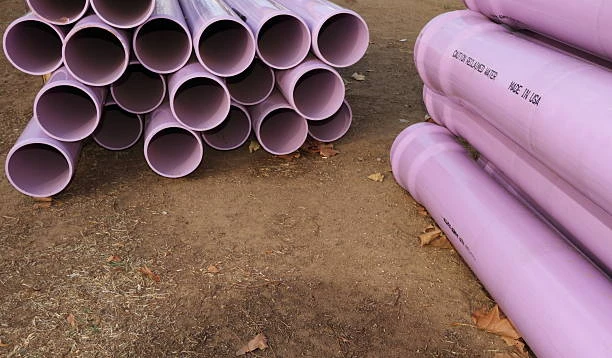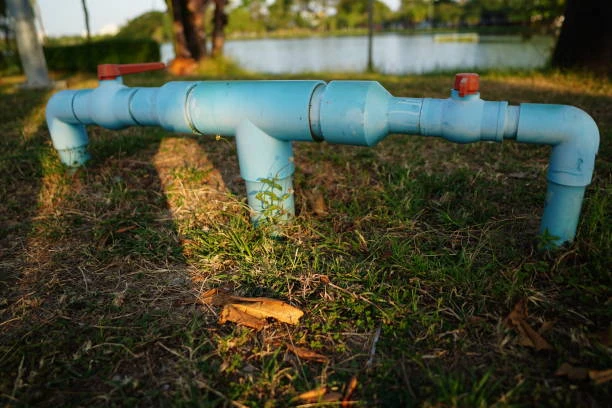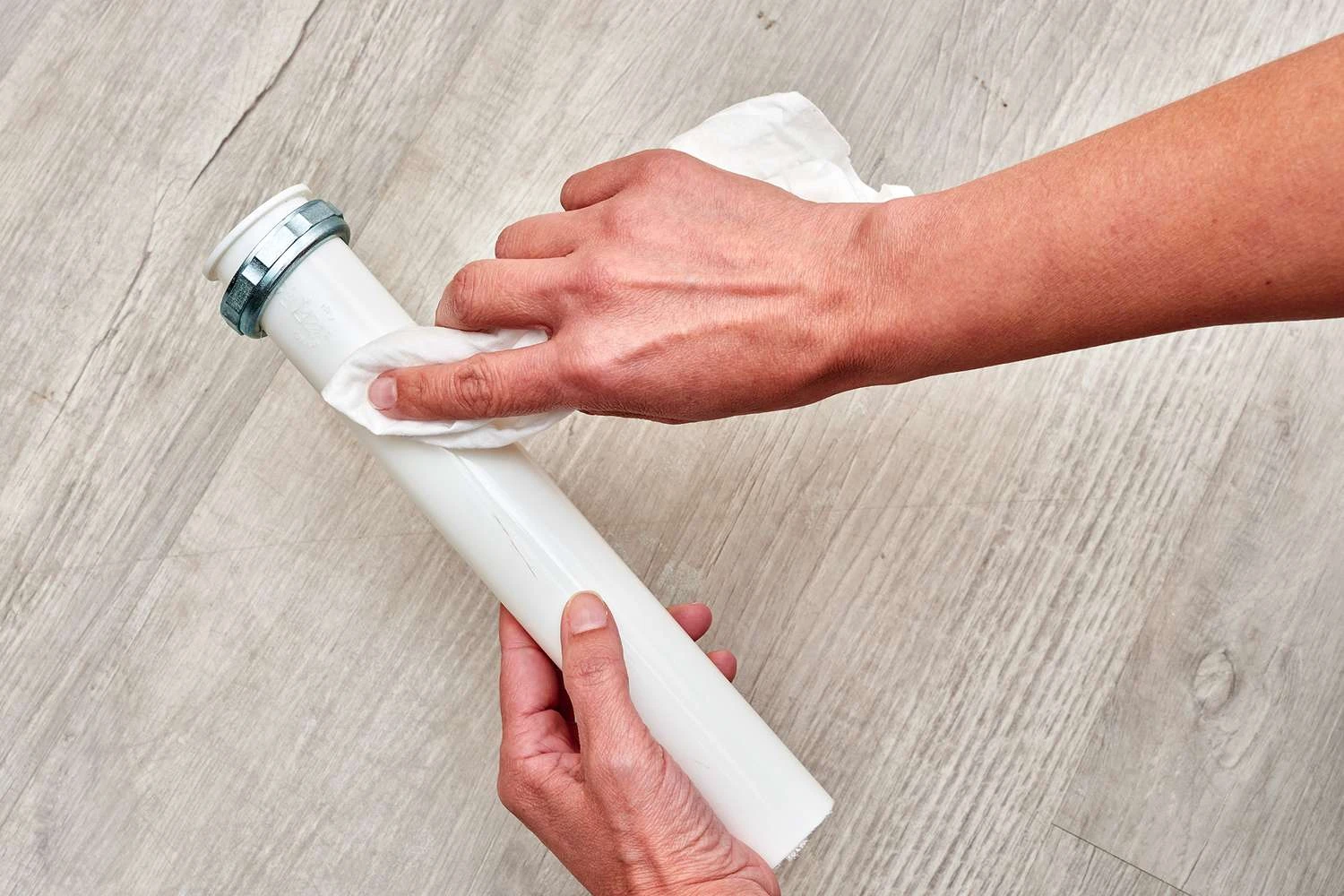Introduction: How Plastic Pipe Connects Australia’s Future
Australia is a vast country, home to diverse landscapes, climates, and industries. For a nation of such geographical expanse, reliable infrastructure is crucial. The plastic pipe industry has emerged as a key player in connecting Australia, providing essential solutions for water supply, sewage systems, and gas distribution. Plastic pipe connects Australia by offering durable, cost-effective, and sustainable solutions that meet the country’s growing infrastructure demands.
In this article, we’ll explore the role of plastic pipes in Australia’s infrastructure, their benefits, applications, and the impact they have had on the nation’s economy and environment. From urban water supply systems to rural agricultural projects, plastic pipes are connecting communities, industries, and regions across the country, supporting both modern development and environmental sustainability.
The Role of Plastic Pipe Connects Australia’s Infrastructure
Plastic pipes are central to many of Australia’s most important infrastructure systems. Due to their versatility, durability, and low maintenance costs, plastic pipes are used in a wide variety of applications, from transporting potable water to managing stormwater, wastewater, and even natural gas. Below are some of the key ways plastic pipes connect Australia and support its infrastructure needs:
1. Water Distribution Systems
One of the most critical areas where plastic pipe connects Australia is in water distribution. In a country that frequently experiences droughts and water shortages, ensuring a reliable, efficient, and leak-free water supply system is essential. Traditional materials like metal and concrete often face issues such as corrosion, rust, or cracking over time, leading to water loss. Plastic pipes, on the other hand, are resistant to corrosion, and their smooth inner surface reduces friction, allowing water to flow more efficiently.
In cities like Sydney, Melbourne, and Brisbane, as well as in rural areas, plastic pipes have been used to replace old, aging water pipes, reducing water loss and maintenance costs. Their lightweight nature makes installation easier and quicker, leading to reduced downtime during repairs or upgrades.
2. Sewer and Wastewater Systems
Australia’s sewer and wastewater infrastructure is vital for public health and environmental protection. Plastic pipes, particularly those made from PVC (Polyvinyl Chloride), have become the material of choice for many sewerage systems due to their ability to withstand harsh environmental conditions and chemicals commonly found in wastewater.
As urban populations continue to grow, the need for modern, efficient sewerage systems has become increasingly important. Plastic pipes are cost-effective and highly durable, ensuring the long-term functionality of wastewater treatment plants and sewer lines. Additionally, plastic pipes are lightweight, making them easier to transport and install in difficult-to-access areas, ensuring that even remote Australian communities have access to reliable sewerage systems.
3. Gas Distribution Networks
Plastic pipes have also revolutionized the natural gas distribution industry in Australia. Polyethylene (PE) pipes are commonly used to transport natural gas, offering numerous advantages over traditional steel pipes, including lower costs, easier installation, and resistance to corrosion. With the increasing demand for natural gas in Australia’s homes and industries, plastic pipes help deliver this essential resource safely and efficiently.
By connecting major gas hubs with residential and commercial users, plastic pipes play a significant role in meeting Australia’s energy needs. The flexibility of plastic pipes also allows them to be used in both underground and above-ground installations, ensuring that gas distribution networks are robust and adaptable to different environmental conditions.
4. Irrigation and Agricultural Projects
Australia’s agricultural sector relies heavily on efficient irrigation systems, particularly in the country’s dry, arid regions. Plastic pipes are widely used for irrigation networks, delivering water efficiently to farms and crops. Unlike traditional metal pipes, plastic pipes are not prone to rust or corrosion, ensuring that water reaches its destination without disruption.
Furthermore, the lightweight nature of plastic pipes makes them easier to transport and install in remote agricultural areas. This has proven especially useful in places like Queensland, New South Wales, and South Australia, where large-scale irrigation projects are necessary to ensure the viability of farming in arid climates.
5. Stormwater Management
With climate change increasing the frequency and intensity of storms, effective stormwater management has become more important than ever. Plastic pipes are a popular choice for stormwater drainage systems because they are resistant to both the physical wear and tear caused by large volumes of water, as well as environmental factors like UV exposure. Their ability to withstand harsh conditions makes them ideal for use in flood-prone areas or regions with heavy rainfall.
In cities like Melbourne, Adelaide, and Perth, plastic pipes are used to channel stormwater into treatment facilities or out of urban areas, reducing the risk of flooding and helping to protect public infrastructure. Their low cost and ease of installation have made them an indispensable tool in managing Australia’s stormwater challenges.

Benefits of Plastic Pipe Connects Australia’s Infrastructure
As plastic pipe technologies continue to evolve, their benefits for the Australian market have become increasingly apparent. The following are some of the most significant advantages of using plastic pipes in Australia’s infrastructure:
1. Durability and Longevity in Plastic Pipe Connects Australia
Plastic pipes are highly resistant to the elements, including corrosion, chemicals, and physical damage. This makes them an ideal material for long-lasting infrastructure solutions in Australia’s often harsh climates. Whether exposed to extreme temperatures, UV radiation, or salty coastal air, plastic pipes retain their strength and functionality for decades, making them a smart investment for both urban and rural areas.
2. Cost-Effectiveness
The affordability of plastic pipes is another key benefit. Not only are they generally less expensive to manufacture and install than traditional materials like steel or concrete, but they also require less maintenance and have longer lifespans. This translates into significant savings over the life of the pipeline system. Lower installation costs, coupled with the reduced need for repairs, make plastic pipes a financially viable solution for both public and private sector projects across Australia.
3. Environmental Benefits
Sustainability is a critical concern in today’s infrastructure development. Plastic pipes are often made from recyclable materials, and their production processes tend to be more energy-efficient than those for other materials. Additionally, the longer life expectancy of plastic pipes reduces the frequency of replacements, cutting down on waste and resource consumption.
In many regions of Australia, plastic pipes are helping to reduce the environmental impact of infrastructure projects, with numerous innovations focused on making pipes more eco-friendly throughout their life cycle. Recyclability and reduced energy consumption in manufacturing also align with Australia’s goals to reduce carbon emissions and promote sustainability.
4. Ease of Installation
Plastic pipes are significantly lighter and easier to handle than their metal or concrete counterparts. This makes them faster and cheaper to install, which is especially beneficial for large-scale infrastructure projects. Their flexibility also allows for more complex configurations, ensuring that pipelines can be installed in challenging terrain or urban environments with minimal disruption.
5. Flexibility and Versatility
Plastic pipes are versatile, suitable for a wide range of applications, from water distribution to sewage systems, gas pipelines, and irrigation networks. This versatility has led to their widespread adoption across various sectors, from residential and commercial to industrial and agricultural projects.
The Future of Plastic Pipe Connects Australia
The future of plastic pipes in Australia looks bright. As the country continues to invest in infrastructure and tackle environmental challenges, the demand for durable, sustainable, and cost-effective piping solutions will only increase. Innovations in plastic pipe technology are likely to further improve their performance, making them even more efficient and environmentally friendly.
Moreover, as urban populations grow and rural development expands, plastic pipes will continue to play a pivotal role in connecting communities and industries across the country. Their adaptability to different environments—whether in urban centers or remote agricultural areas—ensures that plastic pipes will remain a critical component of Australia’s infrastructure for years to come.
Conclusion: Plastic Pipe Connects Australia
From water systems in major cities to irrigation networks in remote agricultural regions, plastic pipes connect Australia in ways that were not possible with traditional materials. The benefits of plastic pipes, including their durability, cost-effectiveness, environmental friendliness, and ease of installation, have made them indispensable in modern Australian infrastructure.
As Australia continues to face challenges like climate change, population growth, and the need for sustainable development, plastic pipes will remain at the forefront of infrastructure innovation, ensuring that communities across the country have access to essential services for years to come.
Frequently Asked Questions (FAQ)
1. Why are plastic pipes used in Australian infrastructure?
Plastic pipes are used in Australian infrastructure due to their durability, resistance to corrosion, low maintenance costs, and flexibility. They are suitable for various applications, including water supply, sewerage, natural gas distribution, and stormwater management.
2. What types of plastic are used for piping in Australia?
The most commonly used plastics for piping in Australia include Polyvinyl Chloride (PVC) and Polyethylene (PE). These materials are favored for their strength, resistance to chemicals, and ease of installation.
3. How do plastic pipes benefit Australia’s agricultural sector?
Plastic pipes are essential for efficient irrigation systems in Australia’s agricultural sector, particularly in dry regions. They provide reliable water delivery, are resistant to corrosion, and are lightweight, making them ideal for large-scale irrigation projects.
4. Are plastic pipes environmentally friendly?
Yes, plastic pipes are environmentally friendly due to their recyclability, long lifespan, and energy-efficient production. They help reduce waste and resource consumption, aligning with sustainability goals.
5. What are the cost advantages of plastic pipes in Australia?
Plastic pipes are cost-effective due to their lower manufacturing costs, faster installation, and reduced maintenance needs. Their long lifespan also reduces the need for frequent replacements, resulting in overall cost savings for infrastructure projects.


















